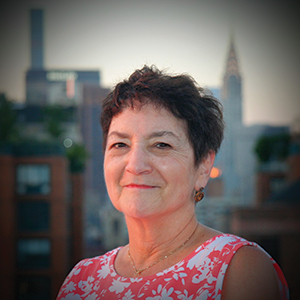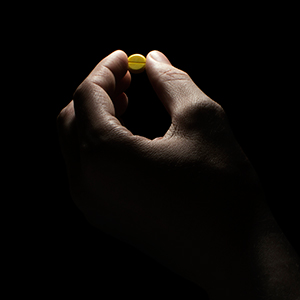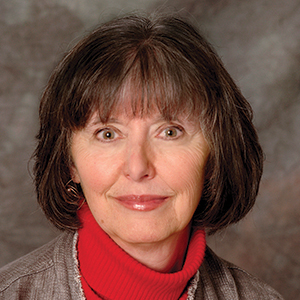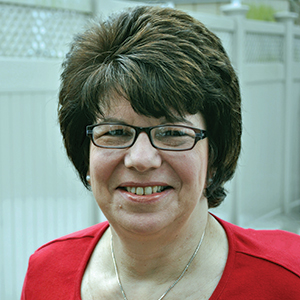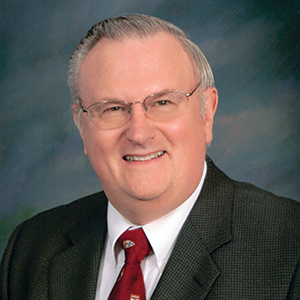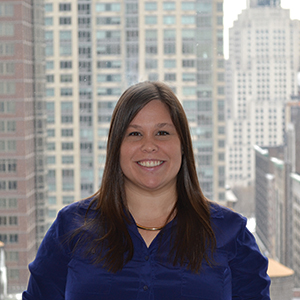-
Sound Advice
Winter 2016/2017vol 06 | issue 04
Coping with a difficult parent, sexual activity during treatment, and talking with children about inheritable cancers. -
Forward Look
Addressing Depression in Adult Cancer SurvivorsStudy links depression to money woes and missed opportunities for follow-up.
by Marilyn Fenichel
-
Forward Look
The Impact of Rising Drug CostsHigher prices of oral medicines may affect financial well-being.
by Chris Palmer
-
Your Cancer Guide
Ways to Find Meaning in LifeA cancer diagnosis can prompt survivors to question or deepen their faith.
by Hester Hill Schnipper
-
Caregiving With Confidence
Being a Parent While Caring for OneTake these steps to delegate responsibilities and strike a balance.
by Liz Seegert
-
Sound Advice
Fall 2016vol 06 | issue 03
Anxiety about cellphones and cancer, crowdfunding to help pay the bills, and the side effects of steroids. -
Forward Look
Making Decisions About End-of-Life CareStudy finds few terminally ill patients understand their prognosis.
by Kendall K. Morgan
-
Your Cancer Guide
Choosing the Right ResponseTake a no-apologies approach in response to insensitive remarks.
by Hester Hill Schnipper
-
Caregiving With Confidence
Final WishesAdvance care planning can ease stress for both patients and caregivers.
by Carly O'Brien
-
Forward Look
Determining ValueNew tools offer a cost-benefit analysis of cancer treatments.
by Stephen Ornes
Cancer Talk
Treatment Combination Improves Survival in EGFR-positive Lung Cancer
Adding chemotherapy to targeted therapy improves outcomes for people with advanced EGFR-positive non-small cell lung cancer.
by Sandra Gordon
Lessons From 20 Years Living With CancerMultiple myeloma survivor Jonathan Gluck reflects on uncertainty, and the scientific progress that has kept him living with cancer for more than two decades.
by Eric Fitzsimmons
The Enduring Importance of Cancer Disparities ResearchOpening session from AACR conference highlights how perseverance and adversity have informed cancer disparities research over the years.
by Eric Fitzsimmons
Most Cancer Survivors Don’t Meet Healthy Diet GoalsDespite research linking fruits and vegetables to cancer survival, many people do not change their eating habits after diagnosis.
by Darlene Dobkowski



